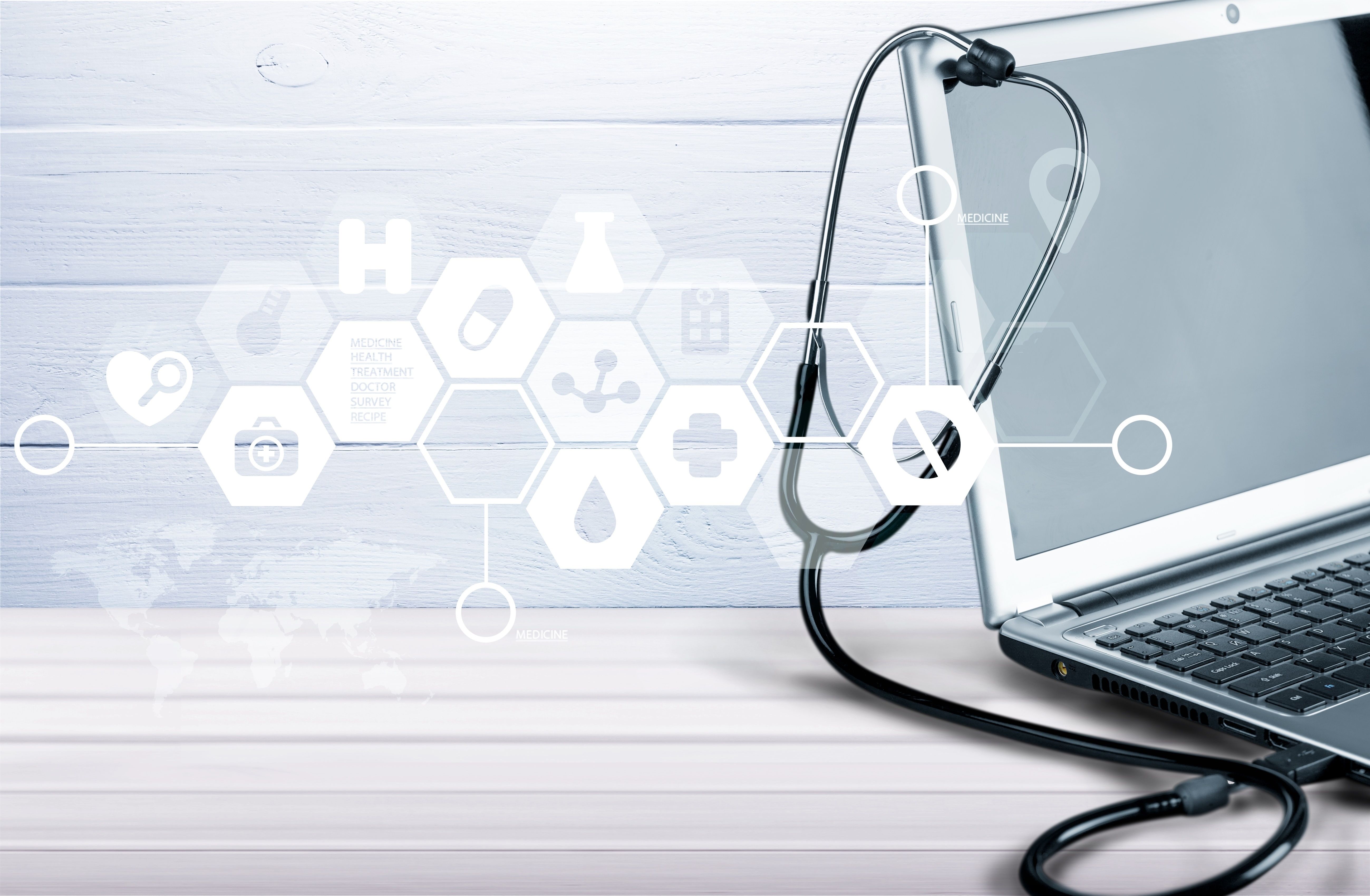Digital technology and the patient experience
The patient experience has become a top concern for practices as it affects physician online ratings, practice reputation, and patient acquisition and retention.

Delivering quality care may no longer be enough to maintain a successful medical practice. Today’s patients are more informed and empowered, and demand convenience and excellent customer service. They routinely go online to research practices before making an appointment and do not hesitate to share their experiences, good or bad, on social media or review sites like Yelp, Zocdoc, and HealthGrades.
The patient experience, which encompasses all interactions between the patient and a practice from appointment scheduling to interaction with physicians and staff to follow-up visits, has become a top concern for practices as it affects physician online ratings, practice reputation, and patient acquisition and retention.
For practices seeking to adopt patient-centered approaches, digital technologies can help alleviate many common patient complaints while also increasing practice-wide efficiency. Let’s take a look at a few digital solutions.
Patient Portal
Patient portals can serve a variety of functions. A well-designed, secure patient portal allows the patient to be in control of their healthcare by providing 24/7 access to their personal health information from anywhere with an Internet connection. Patients can use the portal to schedule appointments, communicate with doctors and staff, request prescription refills, access medical records, receive test results together with clinician’s notes and interpretations, pay bills, check benefits and coverage, and view and complete patient forms.
Portals also provide more efficient ways to deal with various administrative tasks. Practice staff spend less time on the phone with patients handling routine but time-consuming tasks such as appointment and medication refill requests and inputting information onto the patient’s chart, thus freeing up time for more urgent matters.
Self-Service Check-In
Patients often complain about the time required to check in for a medical appointment. Providing for electronic self-service check-in through a smart device or kiosk can significantly reduce check-in time for most patients.
A check-in application identifies the patient, determines whether any additional information or consent forms are required (and if so, prompts the patient to complete the intake process), informs the patient whether a co-pay is applicable and accepts credit card payment for the co-pay, and updates the patient’s records. Following check-in, the system can instruct the patient to go, for example, directly to an examination room, to a staff member for additional assistance, or to the billing department to discuss an outstanding balance.
Self check-in results in a quick, paperless process that eliminates the need to check in each patient individually and allows staff to focus on patients needing special attention.
Chatbots
A chatbot is a broad term used to describe automated conversation systems powered by artificial intelligence. It can be anything from an automated text program residing on a website, patient portal, or separate application to a virtual assistant like Amazon’s Alexa or Google’s Assistant. Chatbots are widely used in industries such as retail to improve customer service and are gaining acceptance in healthcare.
Available 24/7, chatbots provide an efficient, cost-effective method of communicating with patients and can be used for various purposes. Chatbots can answer patient questions, help navigate your website, provide patient education on diseases and conditions, instruct the patient on procedures (for example, preparing for a colonoscopy), assist with medication management, and monitor chronic conditions.
Hands Free Technology
Physicians spend seven to twelve minutes per patient on face-to-interaction. A large part of this time is spent with the physician looking at a screen entering notes rather than fully engaging with the patient. This leads to frustration on both sides. The patient feels rushed or ignored, and both physician and patient question the quality of care.
Hands-free and headset-free technologies like Google’s Glass allow doctors to record notes and enter information into the patient’s EHR in real time without being tied to a screen. Speech recognition systems together with knowledge bases offer Computer-Assisted Physician Documentation (CAPD) software that allows for the dictation of notes while ensuring services are captured, coded and billed appropriately.
Freed from the burden of handwriting or typing notes, physicians are able to engage more fully with patients.
Real-Time Location Systems
Another technology increasingly being used to improve practice workflow is real-time location systems (RTLS), used for tracking patients, staff, and medical equipment within a practice.
By capturing data such as patient wait times and flow, duration and location of patient and staff interactions, and equipment use, RTLS can identify utilization trends and identify bottlenecks in the workflow. Targeted actions can then be taken to optimize patient flow, improve staff utilization, and address other concerns that have caused patient complaints. RTLS can also reduce unnecessary expenditures.
Determining which technology best serves your patient demographic and your practice culture, together with privacy and security concerns and financial considerations, can make the decision to adopt digital technology difficult. But in an age of patient surveys and social media, your practice’s success may depend on it.
Joseph E. Guimera is an attorney and founder of Guimeralaw Cybersecurity Advisory where he helps organizations plan, build, and execute cybersecurity programs. He can be reached at jguimera@guimeralaw.com.